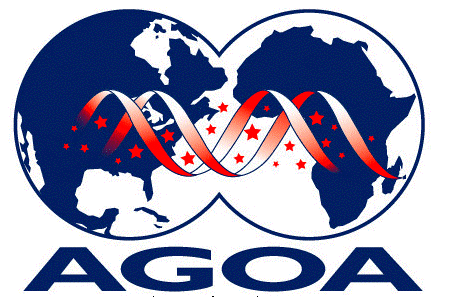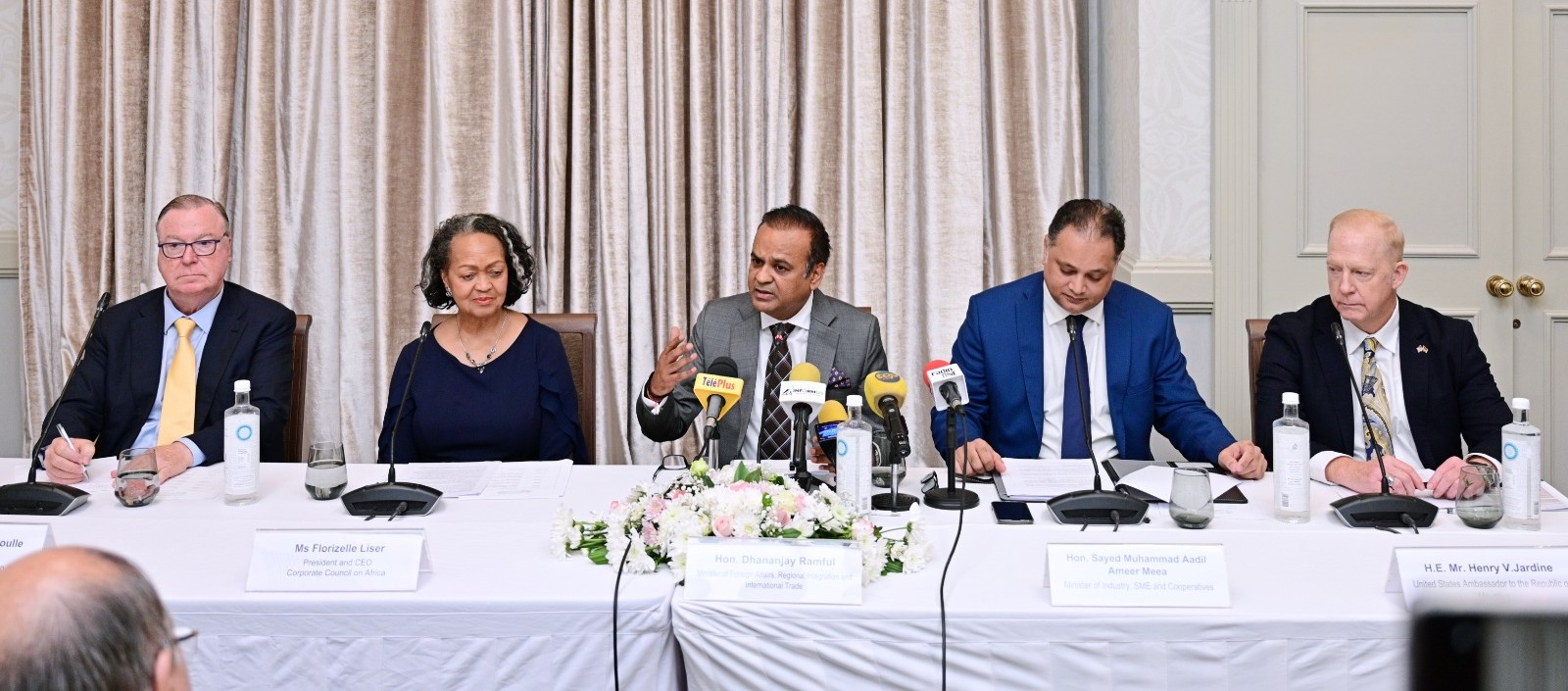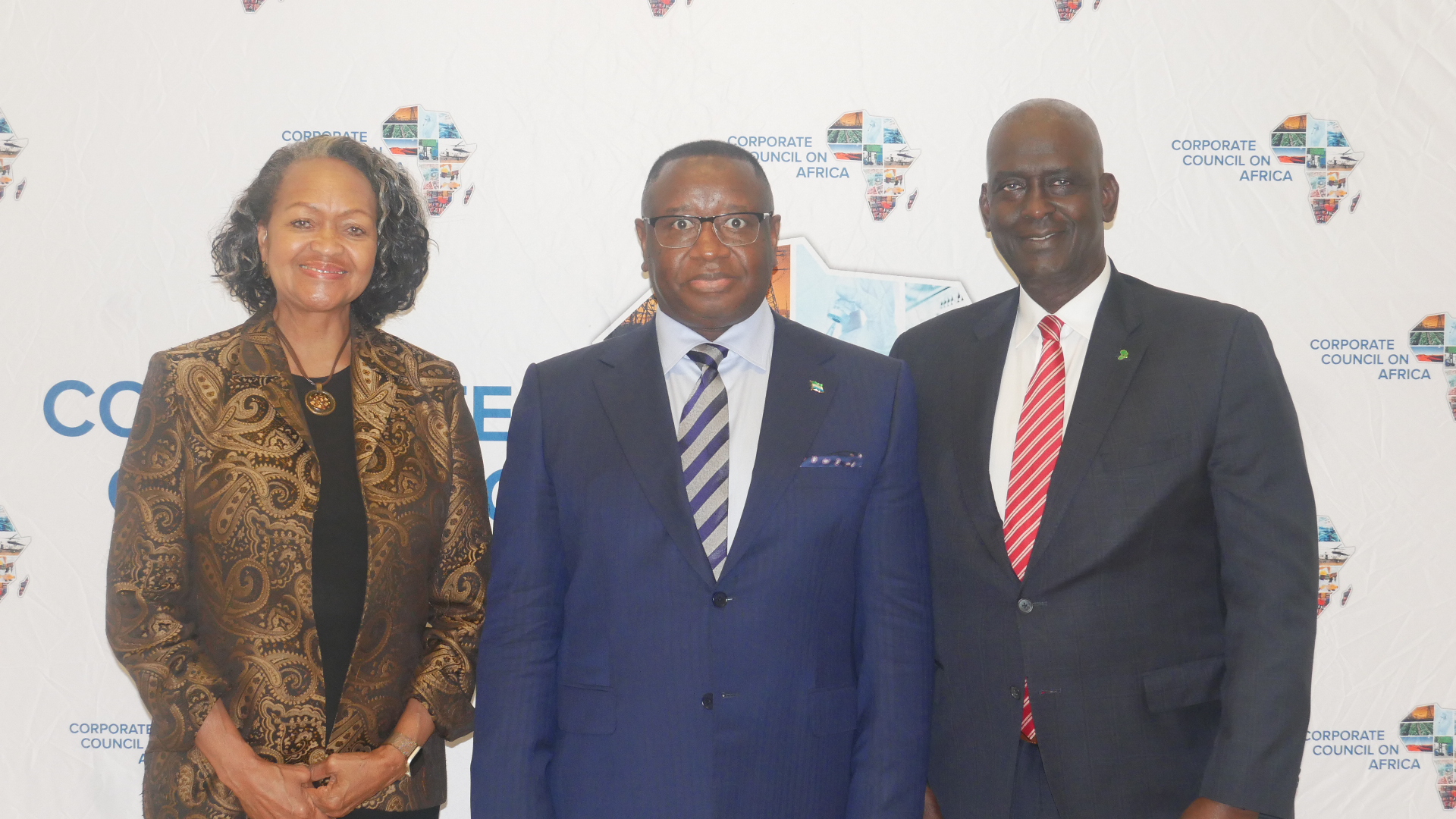U.S.-Africa Business Summit 2024: Plenary: Future of U.S.-Africa Trade & Investment: AGOA & Beyond

“The Future of U.S.-Africa Trade & Investment: AGOA & Beyond” plenary kicked off with a video from U.S. Trade Representative Ambassador Tai, who stressed the Biden’s Administration’s commitment to work with Africa to expand opportunities to increase trade and investment ties with the continent, which is an increasingly critical partner for the U.S. She noted the importance of the African Continental Free Trade Agreement(AfCFTA) in creating new opportunities, as well as the Administration’s support for the renewal of the African Growth and Opportunity Act (AGOA). Introducing the session, Witney noted that Africa is home to 9 of the fastest growing 20 countries globally, with an average growth of 3.8%, despite facing challenges, including food insecurity from Russia’s invasion of Ukraine and hither debt levels. The session began by underscoring the importance of renewing AGOA sooner than later, while also finding ways to increase utilization rates. Panelists agreed on the importance of predictability for companies, including renewing AGOA for at least ten years. Minister Kgafela drew from Botswana’s examples to underscore the huge opportunity that access to the U.S. market offers companies, even though African companies tend to be smaller and often don’t really understand how to access these benefits. He also noted that some countries, like Namibia, have figured out how to gain access for their beef, which shows access is possible if you take the time to identify and address the challenges in capacity and knowledge. He also emphasized the importance of value chains to smaller economies like Botswana, noting the example of autos, where they have found ways to enter the U.S. market through contributing to the production of vehicles in South Africa that are exported to the U.S. While the panelists were all positive about AGOA, they also underscored the importance of the United States recommitting to expanding U.S.-Africa trade and investment ties given the significant competition with other countries. Mr. Gumel noted that AGOA’s unique feature of duty-free access to the U.S. market has lost its unique nature as other countries, including in southeast Asia and Europe, offer similar programs, including free trade with the United States. It’s important for the United States to understand just how active competitors are on the continent, including India and the UAE. It is also important to understand that African countries trade much more with international partners than with each other. The panelists all agreed that there is significant opportunity to expand trade between African countries, and there was broad agreement that AfCFTA is already starting to show signs of success, even if it will take some time. Mr. Ihejirika explained some of the programs that Afrexim bank offers to facilitate more trade, including helping companies getting paid through systems like the Pan African Payments and Settlement System and the transit guarantee program, to realize the potential of AfCFTA. Ms. Aliker agreed on the importance of programs like PAPSS, and also explained how commercial banks like Standard Bank are stepping up their activities to meet the needs of traders as they are developing cross-border opportunities.



